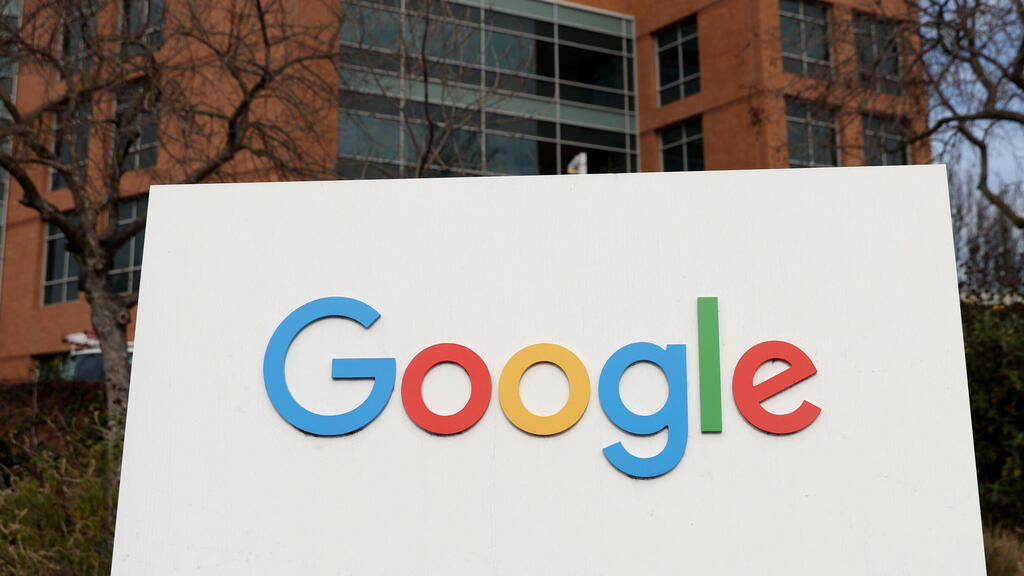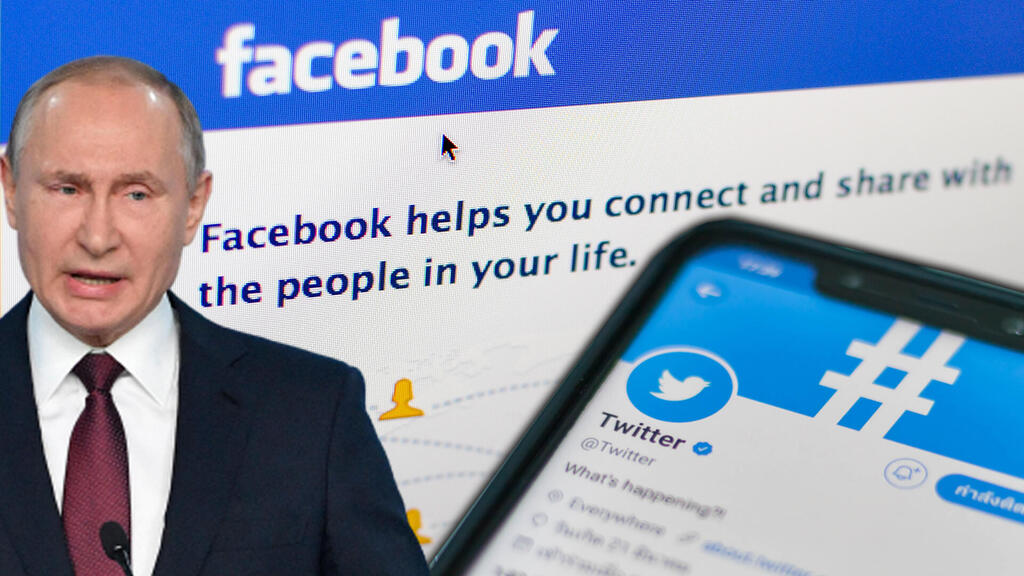The tech giant Google has asked its Russian translators not to use the word "war" when referring to the ongoing offensive in Ukraine, a policy document shows.
According to an internal policy memo obtained by Ynet, Google is now requiring all Russian translators working on "projects that mention the war in Ukraine" to use the term "extraordinary circumstances".
The requirement appears to be a result of a new "fake news" law introduced in Russia, which imposes administrative and criminal penalties for "the distribution of false information about the activities of the Russian security forces" and "the slander regarding the use of Russian military forces".
According to the memo, the word "war" can still be used in any other language when referring to the invasion of Ukraine.
Following the invasion of Ukraine, Google announced that it would not allow media outlets controlled by the Russian government to receive monetary revenue from advertising on its sites, apps, and YouTube videos.
In addition, it prevented Russian media from receiving state funding to use its advertising "AdSense" tool to earn money on their sites and mobile apps. Google also announced that it had removed hundreds of YouTube channels and thousands of war-related videos since they had violated its policy, including the channel of one of the government's top-ranking propagandists, Vladimir Soloviev. The company also blocked access to Russian state-controlled TV networks, RT and Sputnik, throughout Europe.
In the meantime, Russia's media watchdog began blocking media companies that used the term "war," rather than "special anti-terrorist activity".
So far, Russia has banned the two of the largest social networks in the world: Facebook and Twitter. Tiktok also blocked Russian users from uploading new videos for fear that some of them would be found to be in violation of the "fake news" law.
On Sunday, the New York Times announced that it was pulling its journalists from Russia because they couldn't operate there, while the Washington Post doesn't display the names of the writers in the materials provided by their correspondents from Russia.



